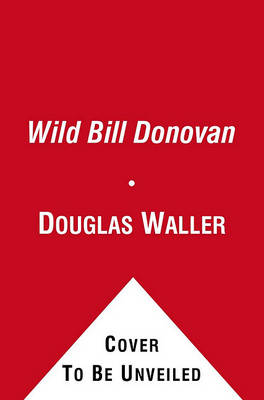Reviewed by gmcgregor on
As you can tell by the low rating, I had significant issues with the book. I'm not all that into spy stories on the page (although I do enjoy them on the screen), and a large portion of the book deals with the spy missions that made up the early days of the OSS. It recounts these missions in what I found to be tedious detail, including agents and their code names and intricate ins-and-outs of how specific missions played out without there ever being much payoff for that kind of information dump. What I was interested in reading was a biography of a person, which only showed up at the beginning and the end. We get through Donovan's first 50 or so years (including a pretty scandalous social life that saw him marry a socialite above his class only to be relentlessly unfaithful...so much so he was accused of having an affair with his own daughter in law!) in about 60 pages. There are some intriguing tidbits about his longtime feud with J. Edgar Hoover, but it's never developed. Then there's the endless boring espionage stuff, and finally we get more insight into Donovan's actual life after the OSS is disbanded, which focused mainly on a final diplomatic posting and then decline into dementia. Through it all, I never got a sense of an actual person. He's constantly described as charismatic and dashing, and while there's definitely a sense of a dynamic person created, I don't feel like I know anything about who Bill Donovan was as a human being. If you have any interest in an actual biography of the man, this is a pass. If you're interested in espionage during World War II, though, you will probably enjoy this book more than I did.
Reading updates
- Started reading
- 20 August, 2016: Finished reading
- 20 August, 2016: Reviewed
